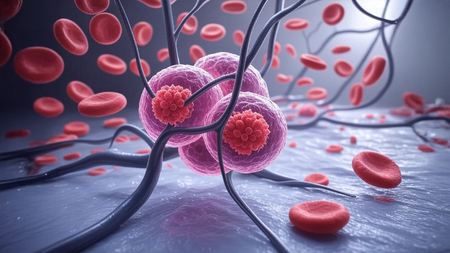New Delhi, 13 June (IANS). According to a study conducted by UK scientists, the gene transfer approach remains long-term safe and effective for the treatment of bleeding disorder hemophilia-B. Hemophilia B is a rare genetic disorder caused by insufficient levels of a protein factor IX promoting blood clots.
Scientists from St. Jude Children’s Research Hospital and University College London used a one -time gene therapy intervention to remove this disorder. According to a study published in the New England Journal of Medicine, based on 13 years of follow -up data, the annual bleeding rate through gene therapy has been seen to be a decrease of about 10 times.
This discovery supports the long -term viability of gene therapy for the treatment of the disease. Scientists at St. Jude Children’s Research Hospital and University College London used a one -time gene therapy intervention to remove this disorder. Andrew Davidoff of the St. Jude Department of Surgery said, “Jean Therapy is a simple, simple intravenous infusion that is very easy to do and if seen clearly it can have a positive effect throughout his life.”
Hemophilia B is an X-Linked genetic disorder that affects 1 of about 25,000 men. While the severity of the disorder can vary, inadequate blood-making factor IX often causes spontaneous bleeding and risk of life.
Hemophilia B is a severe hemorrhage disorder caused by insufficient levels of a protein factor IX promoting blood clots. But the gene provides potentially transformational means to reduce therapy disorder. The study consisted of 10 adults with severe hemophilia B, who received gene therapy between March 2010 and November 2012.
After the initial security and efficacy successes reported in 2014, patients were followed for 10 additional years and all maintained a stable level of the causes IX and got an excellent advantage in terms of freedom from bleeding.
-IANS
NS/GKT
